15 years one-stop China custom CNC machining parts factory

Hey there I’m VMT Sam!
With 25 years of CNC machining experience we are committed to helping clients overcome 10000 complex part-processing challenges all to contribute to a better life through intelligent manufacturing. Contact us now
 135 |
Published by VMT at Apr 15 2024
135 |
Published by VMT at Apr 15 2024
As aerospace technology advances rapidly, the demands for precision and performance in components have escalated. CNC machining technology, as one of the core technologies in modern manufacturing, plays a pivotal role in the aerospace component manufacturing sector. This article delves into the topic of CNC machining aerospace components, discussing eight key points to be mindful of during the machining process. The aim is to assist CNC machining factories in enhancing machining quality to meet the high standards required in the aerospace industry.
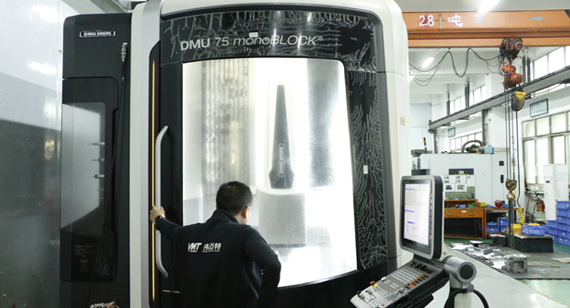
1. Selection of High-Precision Equipment:
Aerospace components demand extreme precision, thus CNC machining factories should prioritize the selection of high-precision and stable CNC machine tools. Such machines are typically equipped with advanced CNC systems and high-precision detection devices to ensure the machining accuracy of components meets design requirements. Additionally, regular equipment maintenance and calibration are essential to maintain optimal machining quality.
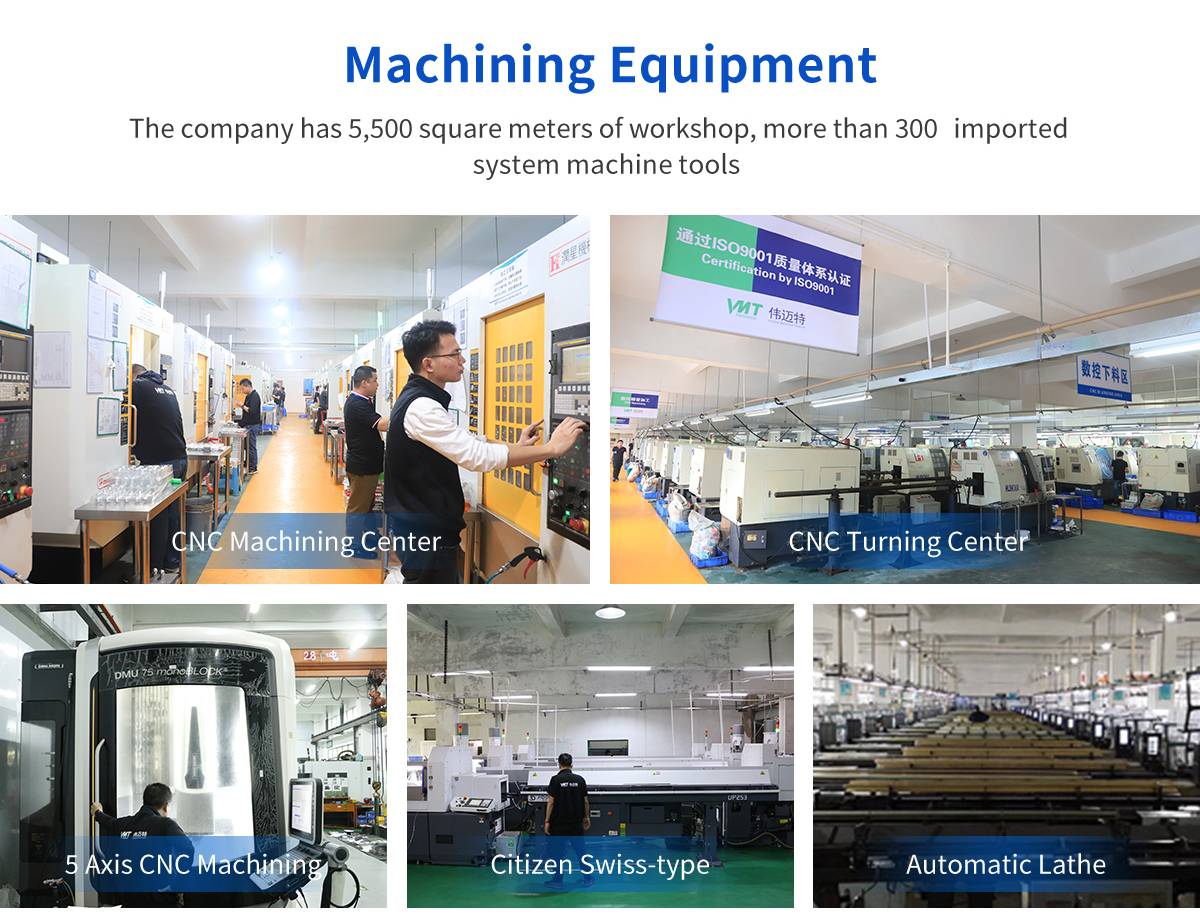
2. Material Selection and Machining:
Aerospace components often utilize high-strength and tough alloy materials, prone to deformation and cracking during machining. Therefore, CNC machining factories should carefully consider material machinability and processing difficulty when selecting materials. Proper pre-treatment of materials, such as heat treatment and surface treatment, can also improve the machining quality and performance of components.
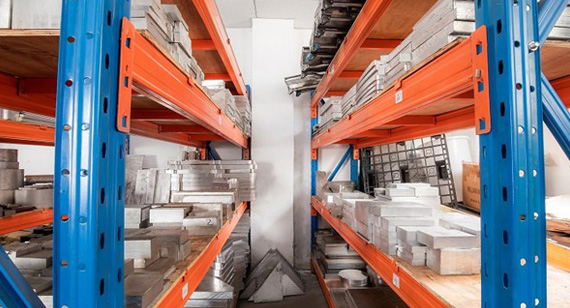
3. Optimization of CNC Programs:
CNC programs, guiding machine tool operations, are critical for aerospace components. CNC machining factories should refine and optimize CNC programs to meet the specific requirements of aerospace components. This includes setting reasonable cutting parameters, tool path planning, and sequencing. Optimization of CNC programs can enhance machining efficiency, reduce tool wear, and lower machining costs.
4. Selection and Management of Cutting Tools:
Cutting tools are vital in CNC machining and their selection and management directly impact machining quality. For aerospace components, CNC machining factories should choose cutting tools made of high-strength and wear-resistant materials. Additionally, suitable types and geometric parameters of cutting tools should be selected based on component materials and machining requirements. Establishing a sound tool management system ensures timely tool replacement and sharpening, avoiding quality issues due to tool wear.
5. Process Monitoring and Adjustment:
Real-time monitoring and timely adjustment during CNC machining are crucial for ensuring machining quality. CNC machining factories should equip themselves with advanced online detection equipment and monitoring systems to monitor parameters such as cutting force, temperature, and vibration during machining. Upon detecting anomalies, adjustments to machining parameters or tool replacement should be promptly made to prevent quality issues in components.
6. Heat Treatment and Surface Treatment:
Aerospace components often require heat treatment or surface treatment after machining to enhance their performance. CNC machining factories should select appropriate heat treatment processes and surface treatment technologies based on component design requirements and usage conditions. For example, quenching and tempering processes can be employed to improve strength and wear resistance, while coating or plating techniques can enhance corrosion resistance.
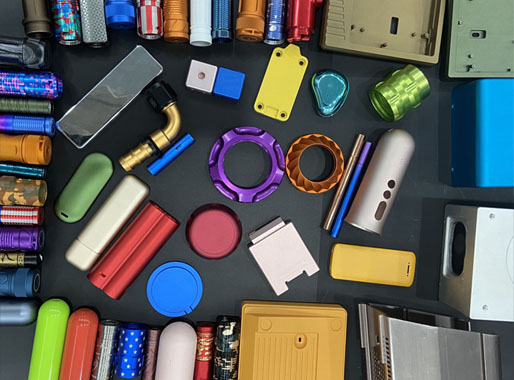
7. Quality Inspection and Traceability:
Quality inspection is pivotal in ensuring aerospace component quality. CNC machining factories should establish a comprehensive quality inspection system to rigorously inspect dimensions, geometrical tolerances, surface quality, etc., of finished components. Additionally, implementing a component quality traceability system to record machining processes, inspection data, and component usage facilitates rapid identification of issues and implementation of corrective measures.
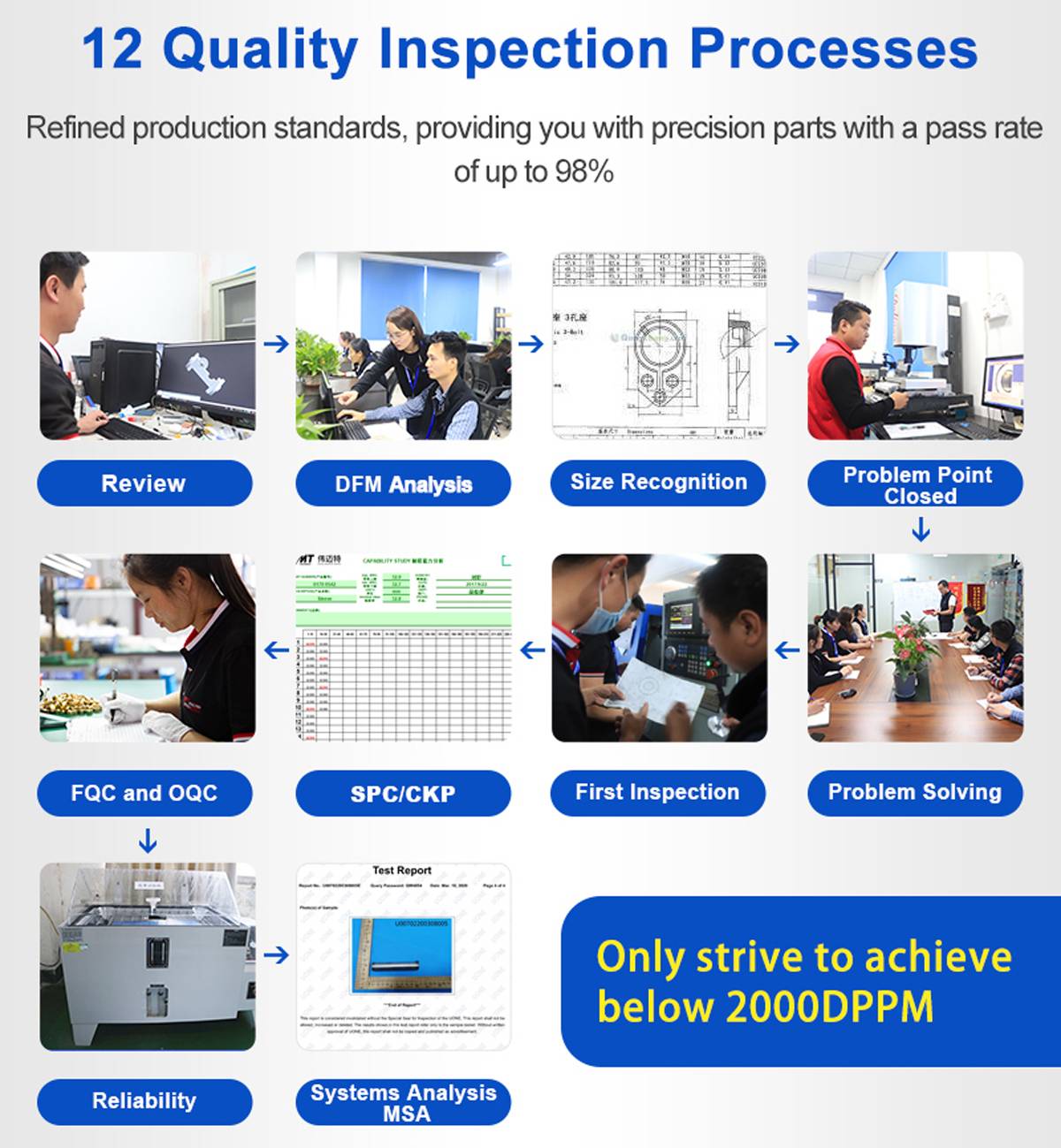
8. Personnel Training and Skills Enhancement:
CNC machining technology requires a high level of knowledge and skills across various domains, placing demands on operators' professional competence. CNC machining factories should enhance training and education for operators to improve their skills in CNC programming, equipment operation, quality inspection, etc. Encouraging operators to participate in technical innovation and process improvement activities enhances the overall team's skill level and innovation capability.

Conclusion:
CNC machining of aerospace components is a complex and intricate task that demands meticulous preparation and management in equipment selection, material processing, program optimization, tool management, process monitoring, heat treatment, surface treatment, quality inspection, and personnel training. Only by doing so can CNC machining factories ensure the aerospace components produced exhibit high precision, stability, and performance, meeting the stringent requirements of the aerospace industry.
Ready To Start Your Next Project?
Get Instant Quote

Request a Free Quote
Send us a message if you have any questions or request a quote. We will get back to you ASAP!